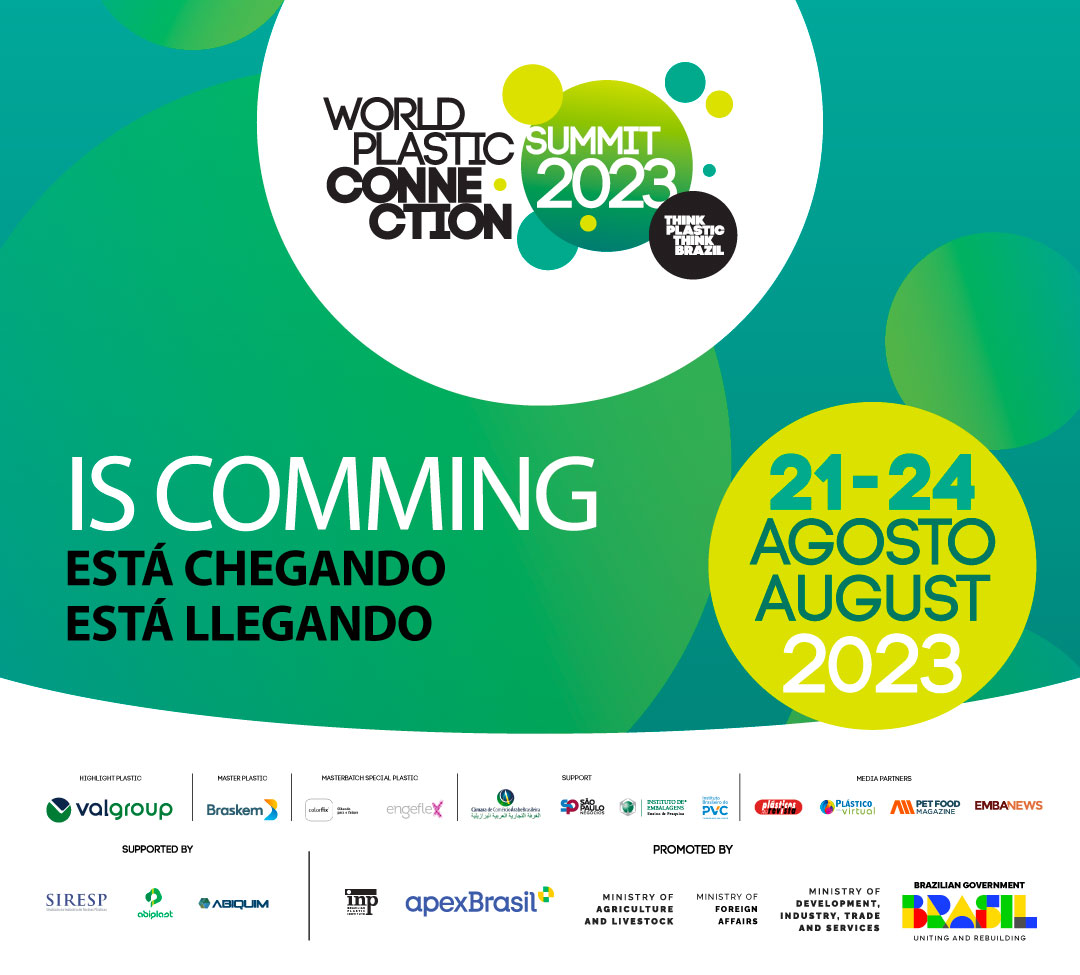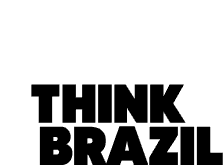Giácomo Parolin, a Brazilian doctoral student at DTU and Grundfos, in Denmark, will be speaking during the World Plastic Connection Seminar on August 21, at 4:30 pm. Think Plastic Brazil spoke with the researcher to understand a little more about the topic of ecodesign and how it applies to Converted Plastics. Read more below:
TPB: What is the central topic of your research in Denmark and how does this relate to the plastics market?
Giácomo Parolin: I study the process of innovation and development of new technologies, with a focus on environmental sustainability. How to innovate for sustainability? How can design for sustainability, or ecodesign, help organizations respond to the environmental crises of today and tomorrow? Nowadays, we talk about multiple environmental crises – the climate emergency, the biodiversity crisis, the resource scarcity, and so on. Organizations have a key role to play if we wish to overcome these crises. Companies in the plastics chain will be increasingly pressured to contribute to addressing such crises whether it will be by buyers, consumers, governments, financiers, or even international competitors – and rightly so, as this is a sector with great potential to achieve that! The development of sustainable technologies and innovations is one of the great powers of the plastics industry to move towards a more sustainable world. But we need to act – and we need to act now.
TPB: What are the main trends highlighted by ecodesign today?
Giácomo Parolin: Circular economy is certainly the biggest trend of the last decade in the world of ecodesign, and it should remain so for years to come. Circular Economy is the idea that we should extend the service life of products and materials as much as possible, avoiding early disposal and facilitating reuse and recycling. On the one hand, it is a very logical and simple idea – none of these concepts are new or surprising. At the same time, however, it involves a major paradigm shift at the level of the economy as a whole, which goes beyond product design and includes the business model of companies and changes across their operations. Proponents of the Circular Economy say that, in addition to being good for the planet, this shift is good for business. The European Union has bought into the idea and is currently developing a strong regulation in this regard, the Action Plan for the Circular Economy, which should include greater control of chemical substances in materials, energy efficiency requirements, and product longevity. Concerns regarding global warming and climate change are also remarkably strong, with the emergence of the Science-Based Targets initiative (SBTi). SBTi is a framework for companies to develop and adopt very bold targets for reducing emissions, in the short and long term. We are talking here about 50% reductions in emissions by 2030, followed by virtually 100% by 2050. This will certainly have effects on the supply chain of companies – including plastics suppliers.
TPB: How will the information that you will present in your lecture be able to help converted plastics companies in Brazil?
Giácomo Parolin: Faced with this whirlwind of crises and regulations, I will be focusing on what companies can do today to contribute to a more sustainable world. It is very easy for the environmentalist discourse to get lost in alarmism, paralysis, or finger wagging, because the problem really is massive. There is, however, much we can do now to become more sustainable and competitive. It will not be the solution to all problems, but it will be something – it will be better than yesterday. I will talk about the various projects of my research group in Denmark and how they can concretely help Brazilian plastic companies in this journey towards sustainability. We will talk about maturity for the circular economy, which ecodesign tools can be used, and where to find resources to learn more about the subject.
TPB: Where can we get more information about your research?
Giácomo Parolin: I regularly post about my research on my LinkedIn page (https://www.linkedin.com/in/gicoparolin/). I also recommend following ready2LOOP (https://www.linkedin.com/company/ready2loop/) and Reboundess (https://www.linkedin.com/company/reboundless/), two major projects from my research group on ecodesign. I also recently gave an interview to the Manufacturing Academy of Denmark, which you can find here (https://www.youtube.com/watch?v=mUhAx_s_7hc). Finally, of course, there are the scientific articles where I present in detail the results of my research.
Check out the seminar schedule and sign up at https://lang.thinkplasticbrazil.com/wpc_summit_2023/.
 Home
Home 
